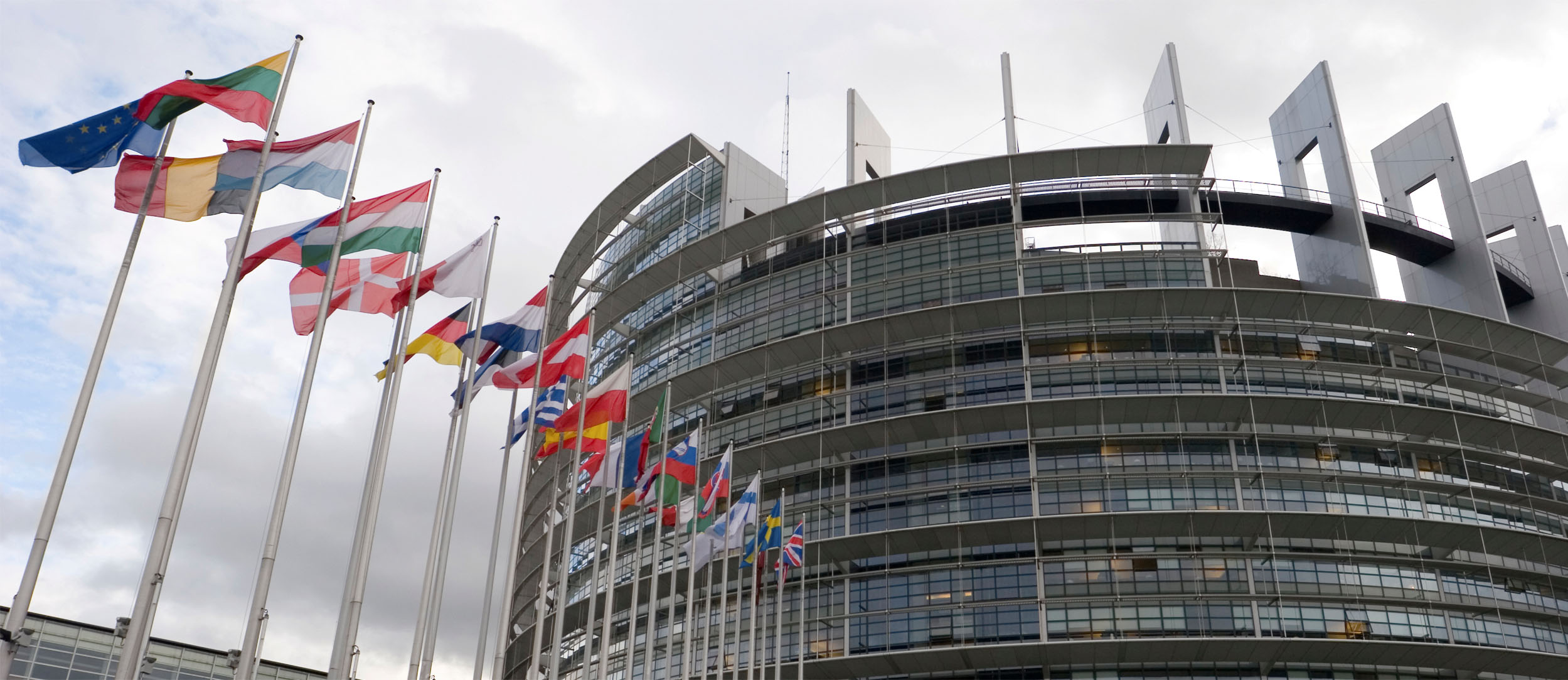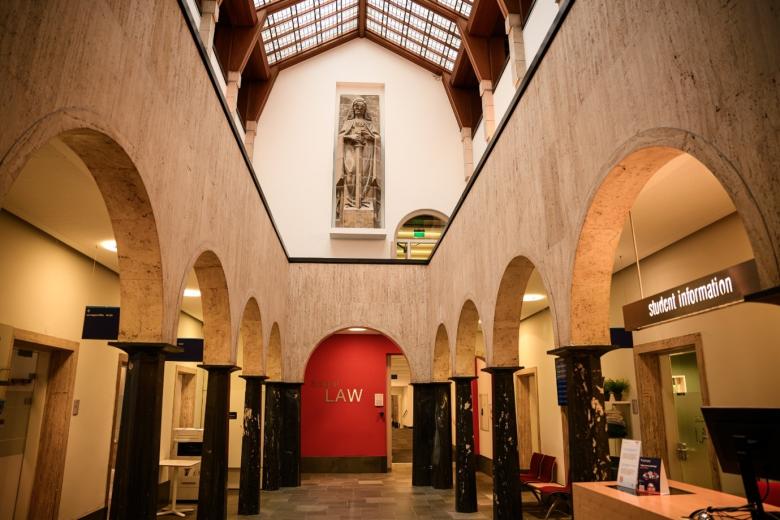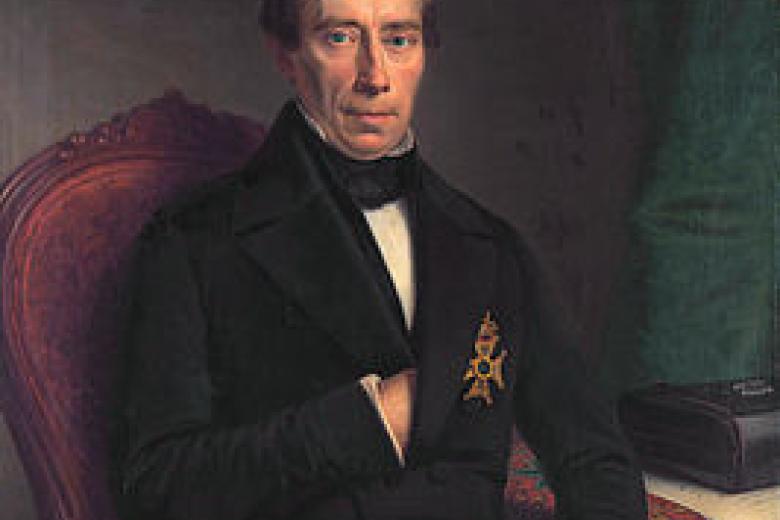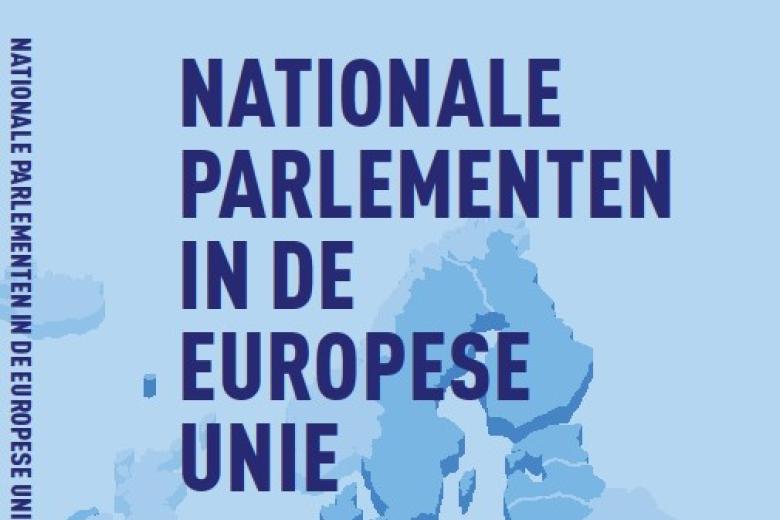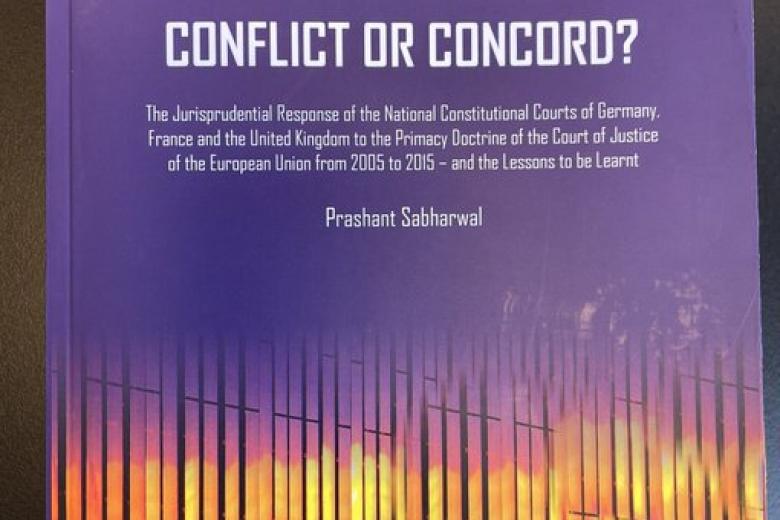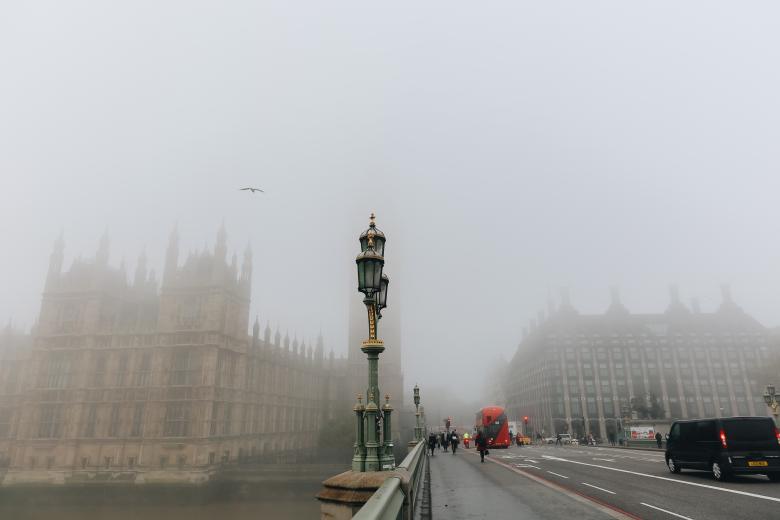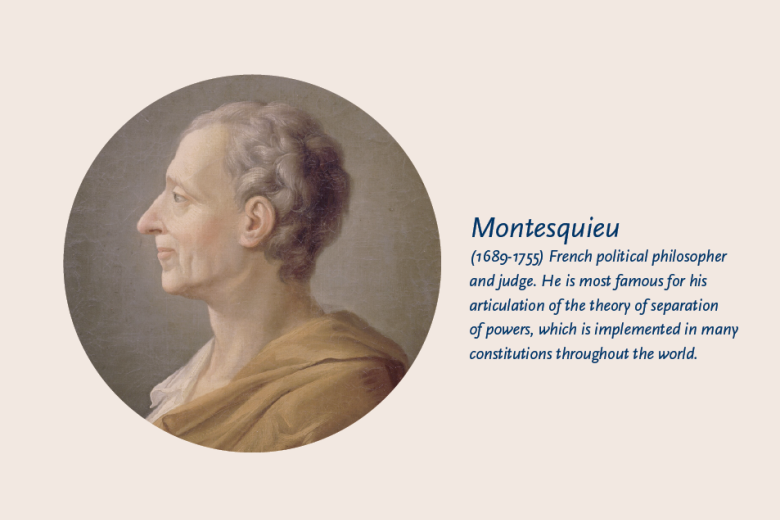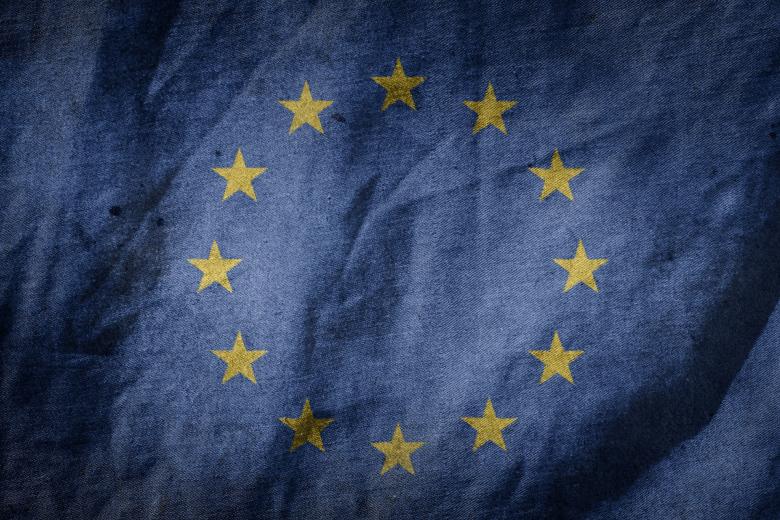Maastricht Montesquieu Institute
Dear visitor, as of 1 September 2025 Maastricht Montesquieu Institute (MMI) is no longer active.
This means this website will not be updated anymore. The website will remain online to keep our research, conducted throughout the years, available.
You can find more information here.
The Maastricht Montesquieu Institute (MMI) is a research centre dedicated to European and comparative parliamentary studies. Montesquieu's 'formula' for the organisation of a sustainable and democratic society has to a large extent determined the organisation of many 'modern' parliamentary democracies. However, this formula provides some challenging questions: is it still applicable nowadays? One of the objectives of the inter-university Maastricht Montesquieu Institute is to stimulate both Dutch and foreign scientiok for answers to this kind of questions. It is a collaboration between, amongst others, UM, Leiden University and the University of Groningen.
Research
The Maastricht Montesquieu Institute focuses on parliamentary systems of government in Europe and in the European Union, on aspects of separation of power, democracy and the rule of law and human rights. The Institute’s aim is to contribute to the academic and public debate on democracy and governance in the European Union and its member-states by deepening the understanding of the constitutional structures and political practice of national systems of parliamentary government and rule of law and democracy. It takes a thoroughly comparative approach to parliamentary studies in a European context and analyses national systems in a vertical multi-layered perspective.
With its focus, the constitutional law research is well suited to the faculty and university themes related to globalisation, Europeanisation and comparative law, as laid down in the two research streams about Values and Institutions.
Visit MMI's research

MMI's research mainly takes place in the following streams:
1. Values
2. Institutions
